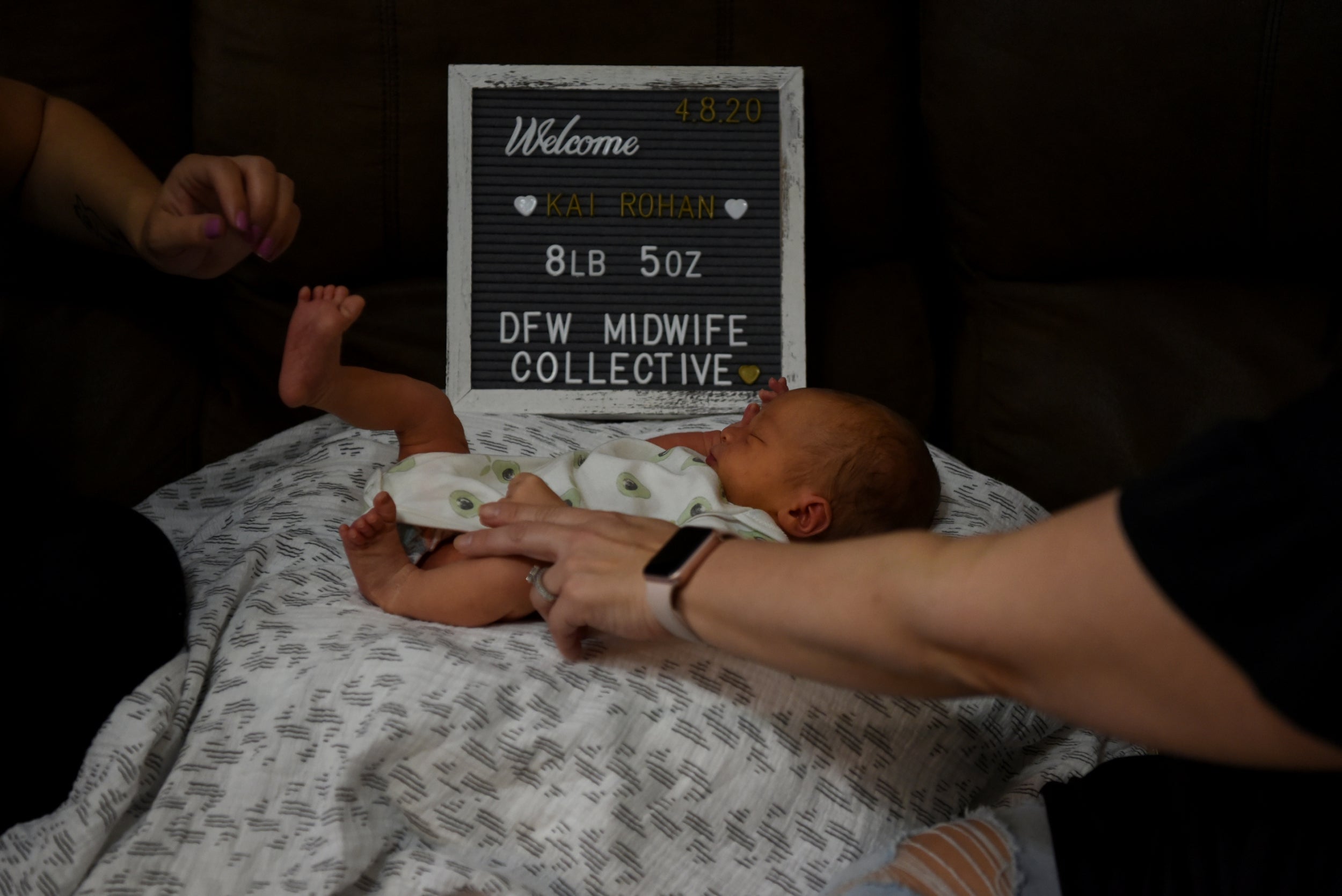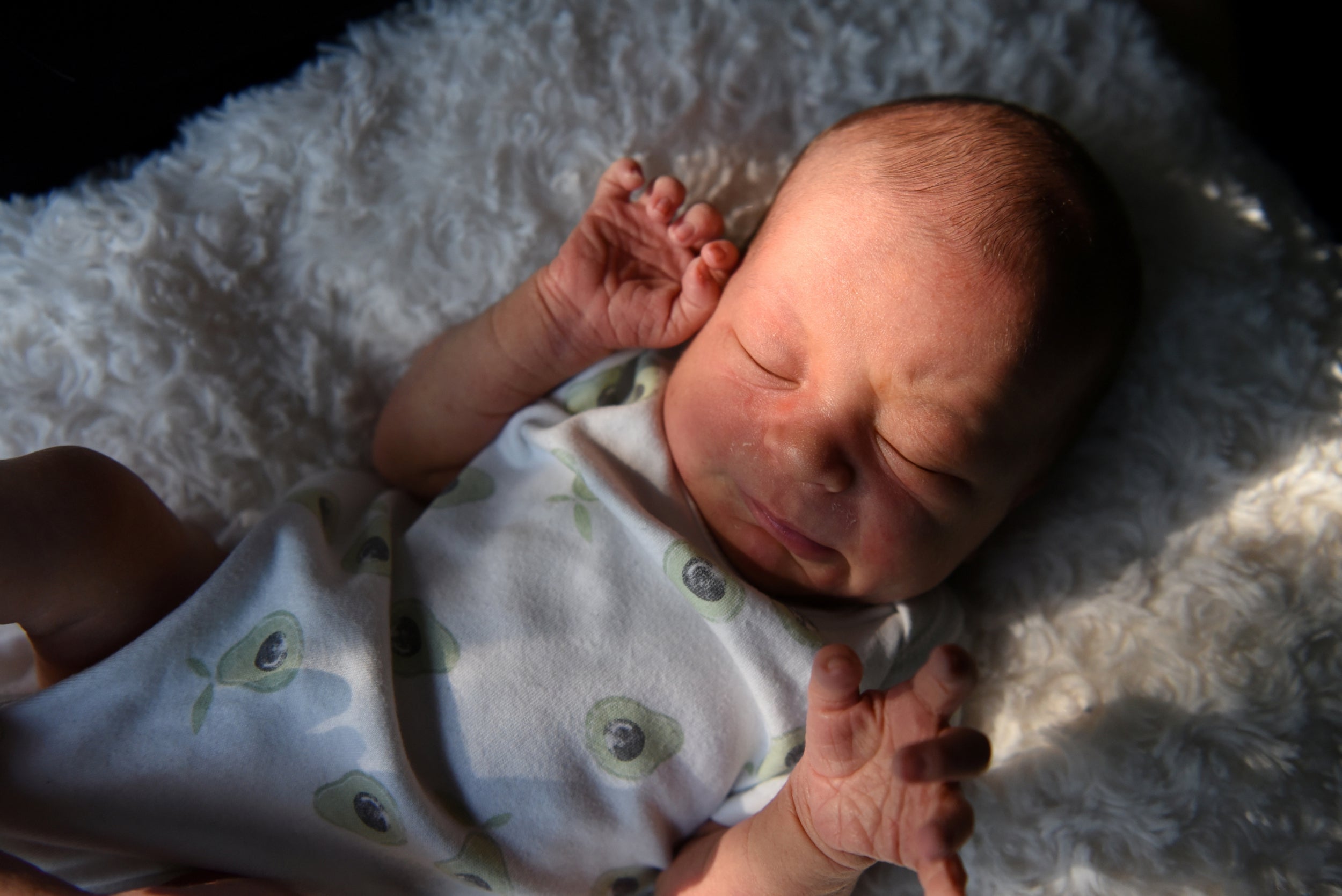Specially-trained “Covid detection dogs” could soon be sniffing out coronavirus in infected people in the UK, if a trial by British researchers goes to plan.
Canines’ acute sense of smell is already used to detect certain cancers and other diseases, and it is hoped that the animals can turn their noses to helping with the ongoing pandemic.
Some diseases have a distinctive odor that it not detectable to most humans but which dogs – with their strongly developed sense of smell – find obvious.
Download the new Independent Premium app
Sharing the full story, not just the headlines
Current medical detection dogs working with other diseases can screen as many as 250 people per hour and can be trained to detect the odor of a disease at the equivalent dilution to one teaspoon of sugar in two Olympic-sized swimming pools of water.
Professor James Logan, lead researcher for the work and Head of the Department of Disease Control at the London School of Hygiene & Tropical Medicine, said he was “hopeful” that the government-backed project could bear fruit.
“Our previous work has shown that malaria has a distinctive odour, and with Medical Detection Dogs, we successfully trained dogs to accurately detect malaria. This, combined with the knowledge that respiratory disease can change body odour, makes us hopeful that the dogs can also detect Covid-19,” he said.
“I would like to thank the UK government for their support of this pioneering research through this funding. We’re excited to do this trial, and confirm whether these bio detection dogs can be used to screen for COVID-19.
“If successful, this approach could revolutionise how we detect the virus, with the potential to screen high numbers of people.”
Covid-19 is not thought to be a health threat to dogs, though they can test positive for it. It is hoped that the trained canines could help complement standard testing and act as an early warning system for symptomless people, perhaps in public settings.
The latest news on Brexit, politics and beyond direct to your inbox
Dr Claire Guest, co-Founder of the NGO Medical Detection Dogs said that canines had “the potential to help by quickly screening people, which could be vital in the future”.
“We have already demonstrated our expertise in canine disease detection by successfully training dogs to detect diseases like cancer, Parkinson’s and malaria, and we apply that same science to train life-saving Medical Alert Assistance Dogs to detect odour changes in individuals caused by their health condition,” she said.
“We are sure our dogs will be able to find the odour of Covid-19 and we will then move into a second phase to test them in live situations, following which we hope to work with other agencies to train more dogs for deployment. We are incredibly proud that a dog’s nose could once again save many lives.”


1/23
Nancy Pedroza, 27, who is pregnant, sits next to Ryan Morgan, 30, her partner and father to their unborn child, as they relax at Pedroza’s parent’s house, where they currently live, during the coronavirus disease (COVID-19) outbreak in Fort Worth, Texas
REUTERS

2/23
Nancy Pedroza attends an appointment with her licensed midwives Susan Taylor, 40, who checks her stomach, and Amanda Prouty, 39, in Taylor’s home office at her house
REUTERS

3/23
Nancy takes a brisk walk to try and speed up her contractions, with Ryan and her licensed midwives near Taylor’s home where Pedroza plans to give birth
REUTERS

4/23
Nancy receives support from Nichollette Jones, her doula
REUTERS

5/23
Nancy experiences contractions
REUTERS

6/23
Nancy is supported by Ryan and Nichollette as she experiences contractions while laboring at the home of Pedroza’s licensed midwife, Susan Taylor
REUTERS

7/23
Nancy lies on a bed in front of Ryan as he helps to pump her breastmilk to try and speed up her contractions
REUTERS

8/23
Nancy experiences contractions as Susan lies on a bed
REUTERS

9/23
Nancy holds hands with Nichollette and Ryan as she experiences contractions in a birthing tub
REUTERS

10/23
Nancy embraces Ryan
REUTERS

11/23
Nancy is supported by Ryan as she experiences contractions in a birthing tub
REUTERS

12/23
Nancy experiences contractions
REUTERS

13/23
Nancy in a birthing tub
REUTERS

14/23
Nancy is placed onto an ambulance stretcher to be taken to hospital by paramedics, after her unborn child’s heart beat dropped from 130 beats per minute to 30
REUTERS

15/23
Nancy is carried on an ambulance stretcher to be taken to hospital by paramedics
REUTERS

16/23
Nancy is carried into an ambulance on a stretcher
REUTERS

17/23
Nancy holds her one-day old newborn son, Kai Rohan Morgan
REUTERS

18/23
Nancy breastfeeds her newborn son at the house of her parents, where they are currently living
REUTERS

19/23
Susan Taylor positions Kai for a photograph at his newborn screening
REUTERS

20/23
Amanda Prouty and Susan Taylor conduct a newborn screening for Kai at Kai’s maternal grandparent’s house
REUTERS

21/23
Susan takes two-day old Kai’s temperature while checking if he has tongue tie, an oral condition that can potentially cause issues with feeding
REUTERS

22/23
Nancy and Ryan clip the fingernails of their two-day old son
REUTERS

23/23
Kai, who is two-days old and is experiencing jaundice, is positioned in the sunlight by his mother Nancy
REUTERS

1/23
Nancy Pedroza, 27, who is pregnant, sits next to Ryan Morgan, 30, her partner and father to their unborn child, as they relax at Pedroza’s parent’s house, where they currently live, during the coronavirus disease (COVID-19) outbreak in Fort Worth, Texas
REUTERS

2/23
Nancy Pedroza attends an appointment with her licensed midwives Susan Taylor, 40, who checks her stomach, and Amanda Prouty, 39, in Taylor’s home office at her house
REUTERS

3/23
Nancy takes a brisk walk to try and speed up her contractions, with Ryan and her licensed midwives near Taylor’s home where Pedroza plans to give birth
REUTERS

4/23
Nancy receives support from Nichollette Jones, her doula
REUTERS

5/23
Nancy experiences contractions
REUTERS

6/23
Nancy is supported by Ryan and Nichollette as she experiences contractions while laboring at the home of Pedroza’s licensed midwife, Susan Taylor
REUTERS

7/23
Nancy lies on a bed in front of Ryan as he helps to pump her breastmilk to try and speed up her contractions
REUTERS

8/23
Nancy experiences contractions as Susan lies on a bed
REUTERS

9/23
Nancy holds hands with Nichollette and Ryan as she experiences contractions in a birthing tub
REUTERS

10/23
Nancy embraces Ryan
REUTERS

11/23
Nancy is supported by Ryan as she experiences contractions in a birthing tub
REUTERS

12/23
Nancy experiences contractions
REUTERS

13/23
Nancy in a birthing tub
REUTERS

14/23
Nancy is placed onto an ambulance stretcher to be taken to hospital by paramedics, after her unborn child’s heart beat dropped from 130 beats per minute to 30
REUTERS

15/23
Nancy is carried on an ambulance stretcher to be taken to hospital by paramedics
REUTERS

16/23
Nancy is carried into an ambulance on a stretcher
REUTERS

17/23
Nancy holds her one-day old newborn son, Kai Rohan Morgan
REUTERS

18/23
Nancy breastfeeds her newborn son at the house of her parents, where they are currently living
REUTERS

19/23
Susan Taylor positions Kai for a photograph at his newborn screening
REUTERS

20/23
Amanda Prouty and Susan Taylor conduct a newborn screening for Kai at Kai’s maternal grandparent’s house
REUTERS

21/23
Susan takes two-day old Kai’s temperature while checking if he has tongue tie, an oral condition that can potentially cause issues with feeding
REUTERS

22/23
Nancy and Ryan clip the fingernails of their two-day old son
REUTERS

23/23
Kai, who is two-days old and is experiencing jaundice, is positioned in the sunlight by his mother Nancy
REUTERS
Ethics approvals for the project are being finalised by the London college, which is also working with Durham University. Testing with live samples of the virus is expected to proceed soon once this is complete.
Minister for Innovation Lord Bethell said: “Bio-detection dogs already detect specific cancers and we believe this innovation might provide speedy results as part of our wider testing strategy.
“Accuracy is essential so this trial will tell us whether ‘covid dogs’ can reliably detect the virus and stop it spreading.”



